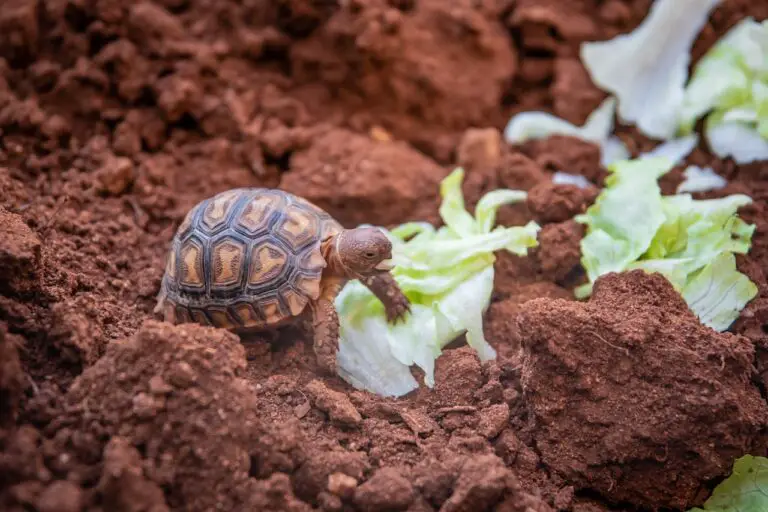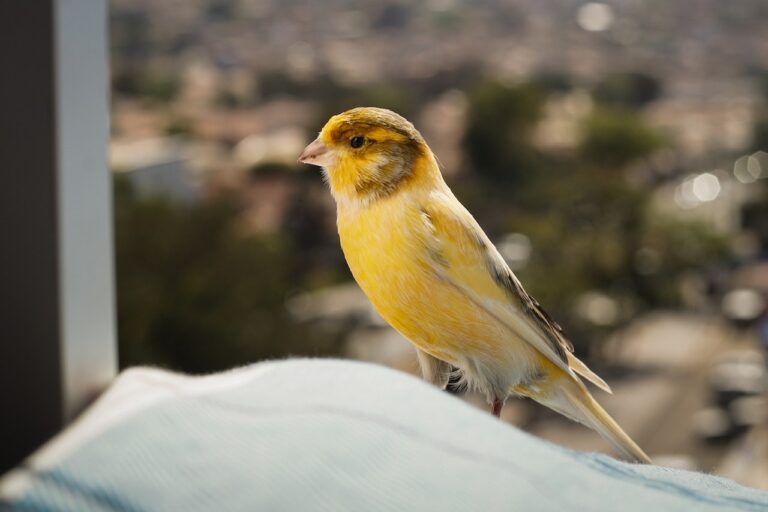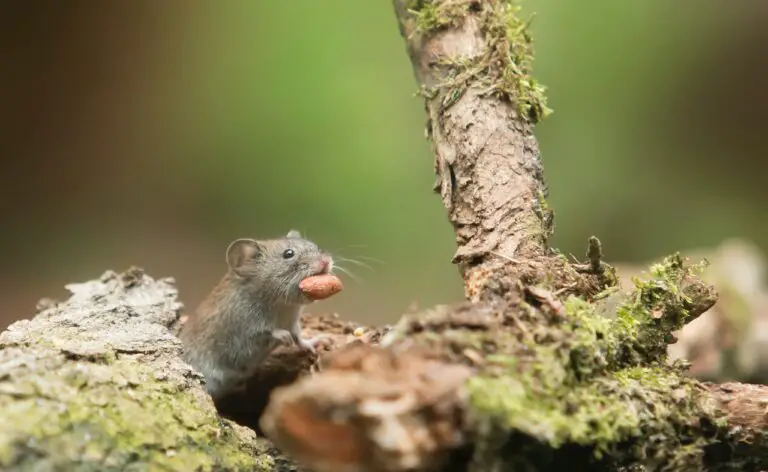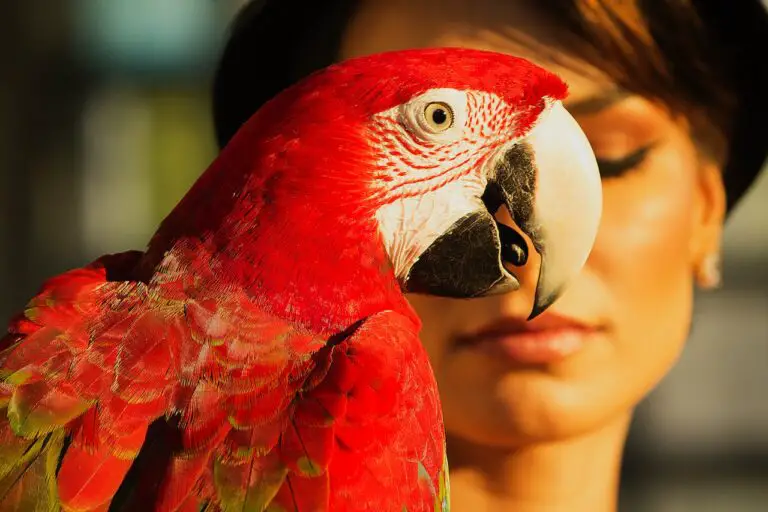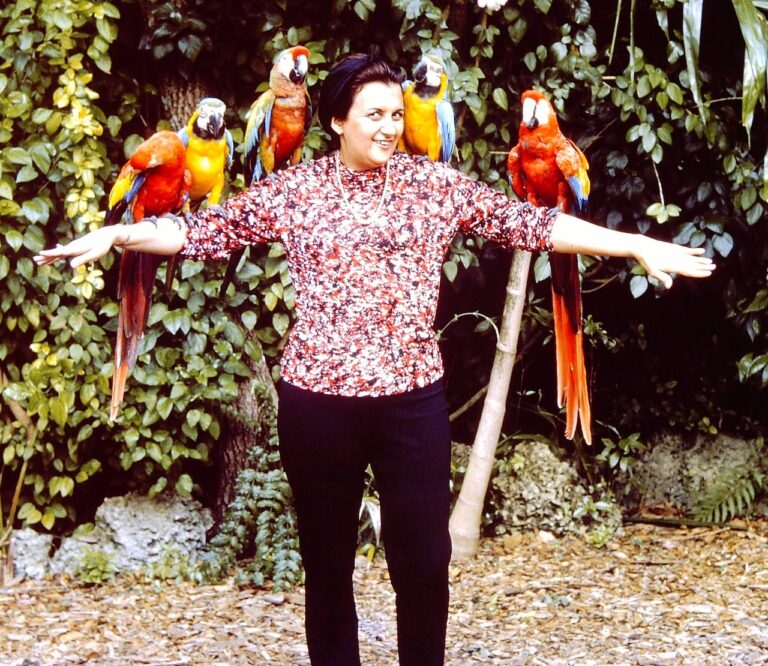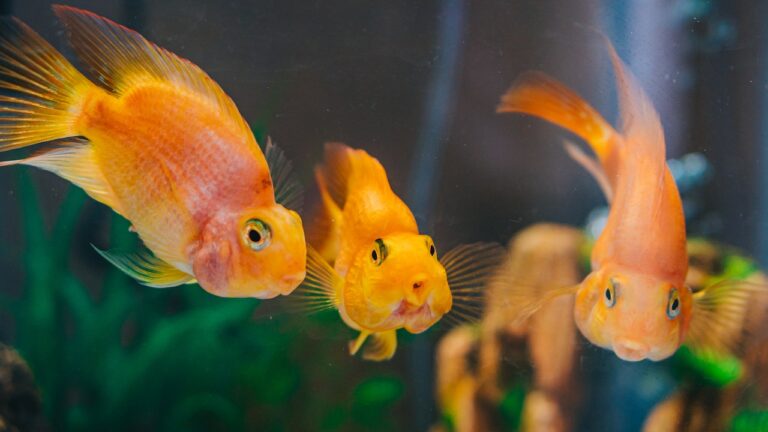Essential Accessories for Exotic Birds: Bird Cages and Toys
Exotic birds make for wonderful companions due to their vibrant colors, unique personalities, and captivating songs. However, to ensure their well-being and happiness, it’s essential to provide them with the right accessories. In this comprehensive guide, we will delve deeply into two vital accessories for exotic birds: bird cages and toys.
These items not only contribute to their physical health but also stimulate their mental faculties and enrich their lives.
Key Takeaways:
- Choosing the Right Cage: Ensure a spacious cage, bird-safe materials, and proper bar spacing.
- Accessories Matter: Perches, clean dishes, and diverse toys are crucial for bird well-being.
- Location and Interaction: Place the cage away from drafts, provide stable temperature, and interact with your bird.
- Toy Variety: Offer chew, interactive, swing, ladder, and foraging toys, rotating them regularly.
- Cage Maintenance: Clean the cage regularly and avoid toxic substances.
Bird Cages: A Home Sweet Home
1. The Importance of the Right Cage
The first step in caring for an exotic bird is to choose an appropriate cage. This isn’t just a place for them to perch; it’s their home. A spacious and well-designed cage is crucial for their comfort and happiness.
Select a cage that allows your bird to fully extend its wings and move around comfortably. A good rule of thumb is to choose a cage that’s at least twice the wingspan of your bird. For larger species like macaws and cockatoos, go even bigger.
2. Size Matters
When selecting a cage, consider the size of your bird. Larger species like macaws and cockatoos need substantial cages that allow them to spread their wings and move around freely. Smaller birds, such as parakeets and finches, can make do with more modest accommodations.
For parakeets and similar-sized birds, a cage with dimensions of 18x18x18 inches should suffice. Cockatiels and lovebirds require slightly larger cages, typically around 24x24x24 inches. Large parrots like African Greys or Amazons should have cages that are at least 36x24x36 inches. Always prioritize vertical height for climbing and horizontal space for moving around.
3. Material and Construction
Opt for a cage made of bird-safe materials like stainless steel or powder-coated iron. These materials are not only durable and easy to clean but also free from harmful chemicals that can affect your bird’s health. Avoid cages with lead or zinc components, as these can be toxic to birds.
Additionally, ensure that the cage bars are appropriately spaced to prevent your bird from escaping or getting its head stuck between the bars. Generally, the bar spacing should be narrower than the width of your bird’s head.
4. Accessories within the Cage
Include perches, food and water dishes, and a variety of toys to keep your bird engaged. These accessories should be strategically placed to encourage physical activity and mental stimulation.
Place perches at different heights within the cage to encourage climbing and exercise. Natural wooden perches are excellent choices as they help keep your bird’s claws trimmed. Ensure the perches have varying diameters to promote foot health.
Food and water dishes should be easily accessible and located away from perches to prevent contamination. Clean these dishes daily to ensure a fresh water supply and a hygienic feeding area.
5. Location and Social Interaction
Where you place the cage is also crucial. Avoid drafty areas, direct sunlight, and places with temperature fluctuations. Birds are sensitive to environmental changes, so maintaining a stable, comfortable environment is essential.
Social interaction is vital for exotic birds. They thrive on companionship, whether it’s with humans or other birds. If possible, consider getting a companion bird to prevent loneliness. Interaction with you, such as talking or playing, also provides mental stimulation.
Toys for Mental and Physical Stimulation
1. The Importance of Toys
Birds are intelligent creatures that require mental stimulation to stay happy and healthy. Toys provide an excellent way to achieve this.
Birds in the wild engage in activities like foraging for food and flying long distances. Providing toys replicates these natural behaviors, preventing boredom and associated health problems.
2. Different Types of Toys
- Chew Toys: Birds, especially parrots, love to chew. Providing them with safe, bird-friendly chew toys prevents boredom and keeps their beaks in good condition. Look for toys made of untreated wood, natural fibers, or safe plastics. Rotate these toys to keep your bird’s interest piqued.
- Interactive Toys: These toys require birds to solve puzzles or manipulate objects. They are perfect for keeping their minds sharp. Examples include puzzle feeders that dispense treats when manipulated correctly. These toys engage your bird’s problem-solving skills.
- Swings and Ladders: These accessories encourage physical exercise and help birds maintain their balance. Swings provide a fun way for birds to sway and play. Ladders allow for climbing, which mimics their natural behavior in the wild.
- Foraging Toys: These toys hide treats, challenging birds to work for their food, just as they would in the wild. Foraging toys come in various forms, from treat-dispensing balls to puzzle boxes. These toys satisfy your bird’s foraging instincts and prevent boredom.
3. Rotating Toys
Birds can get bored with the same toys, so it’s essential to rotate them regularly. This keeps the environment fresh and exciting for your feathered friend. Observe which toys your bird enjoys the most and incorporate them into the rotation more often.
Cage Maintenance
1. Cleaning and Hygiene
Maintaining a clean cage is essential for your bird’s health. Daily spot cleaning is necessary to remove droppings and uneaten food. A weekly deep clean, including removing all accessories and scrubbing the cage, is also recommended. Ensure you use bird-safe cleaning products or a vinegar and water solution.
2. Cage Placement
Birds are sensitive to temperature and drafts. Keep the cage in an area with a stable temperature, away from heaters, air conditioners, and open windows. Avoid placing the cage in the kitchen, as fumes from cooking can be harmful. Proper lighting is also essential, as birds need exposure to natural light for their circadian rhythms.
Safety Considerations
1. Toxic Substances
Birds are highly sensitive to certain substances. Avoid exposing them to aerosol sprays, scented candles, and non-stick cookware fumes, as these can be toxic. Be cautious with houseplants, as some are poisonous to birds. Keep all potential hazards out of their reach.
Conclusion
In conclusion, caring for exotic birds is a rewarding experience, but it comes with responsibilities.
Providing them with the right accessories is crucial for their well-being. A spacious, well-constructed cage, along with a variety of stimulating toys, ensures that your exotic bird stays happy and healthy.
Now, let’s address some common questions about caring for exotic birds:
FAQs
How often should I clean my bird’s cage?
Cleaning the cage at least once a week is essential to maintain a hygienic environment for your bird. Daily spot cleaning is also recommended for food and water dishes.
What types of toys are suitable for small birds like parakeets?
Small birds enjoy toys they can manipulate, such as small puzzles and swing sets. Avoid toys with small parts that could be a choking hazard.
Are there any safety considerations when choosing toys for birds?
Yes, always ensure that the toys are made from bird-safe materials and do not have small parts that can be swallowed. Monitor your bird’s playtime to ensure they don’t ingest or get tangled in toy parts.
Can I make my bird’s toys at home?
Yes, you can create homemade bird toys using safe materials like untreated wood, leather, and natural fibers. Ensure that any materials you use are non-toxic and free from chemicals or paints.
How can I tell if my bird is happy and healthy?
A happy and healthy bird will be active, have a good appetite, and exhibit bright, clear eyes and vibrant plumage. Regular veterinary check-ups are also crucial to monitor their overall health.
Peter Stones is the founder of Exotic Pets Place, the leading online resource for exotic pet care information.
With over 10 years of hands-on exotic pet ownership experience, he is deeply passionate about sharing his expertise to help others properly care for their unusual pets.
When he's not writing extensively researched articles or connecting with fellow exotic pet enthusiasts worldwide, you can find Peter at home tending to his own beloved menagerie of exotic animals.


